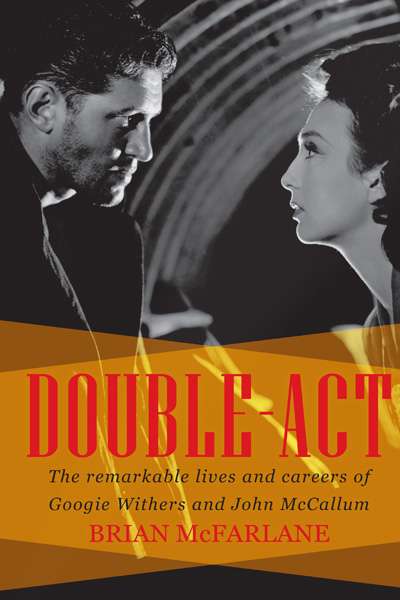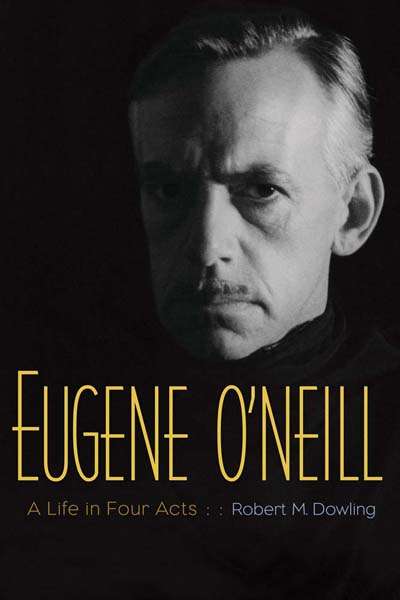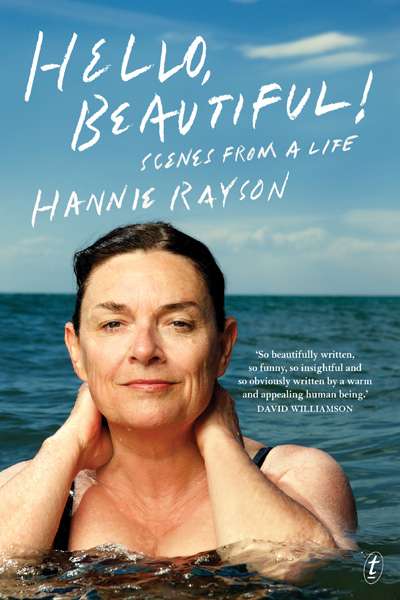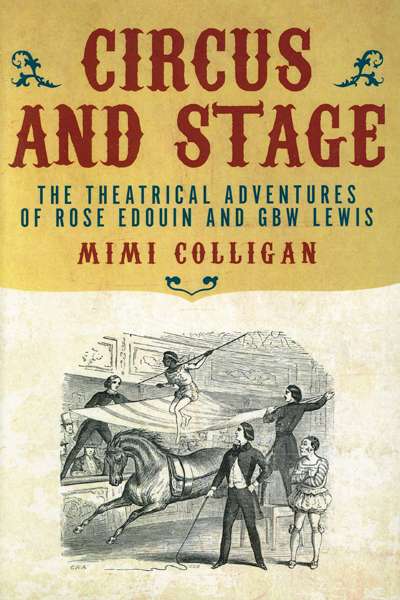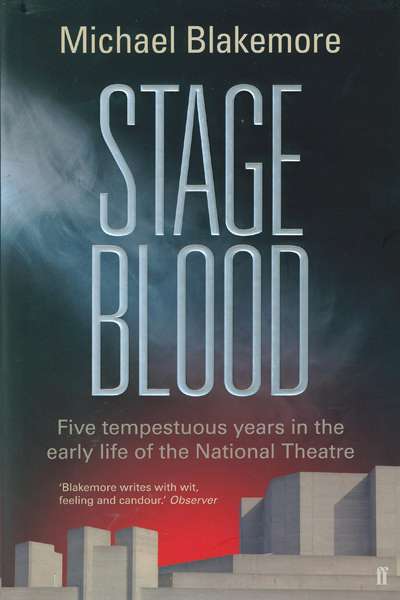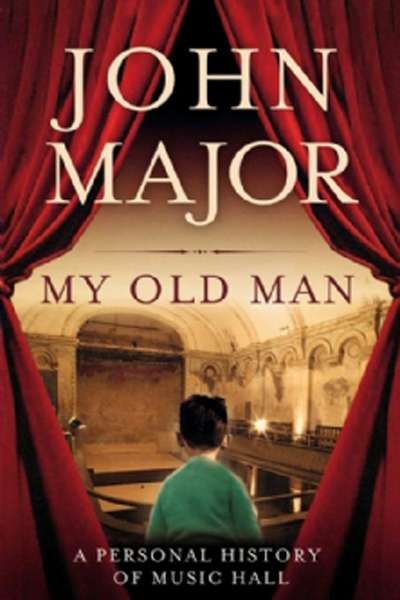Theatre
Double-Act: The remarkable lives and careers of Googie Withers and John McCallum by Brian McFarlane
Lost Plays in Shakespeare's England edited by David McInnis and Matthew Steggle
I was asked to interview the Chinese theatre director Meng Jinghui recently. He’s a cult figure in China, an associate director of the Beijing-based National Theatre and has over two million followers on Sina Weibo, the Chinese equivalent of Twitter.
Circus and Stage: The Theatrical Adventures of Rose Edouin and G.B.W. Lewis by Mimi Colligan
Stage Blood: Five Tempestuous Years in the Early Life of the National Theatre by Michael Blakemore
With aching feet, bursting bladders, and the odd carrot for sustenance, Samuel Beckett’s famous pair of tramps have shuffled on to the stage of the Sydney Theatre for an extended run, though run is hardly the apposite word for this stationary duo. Perhaps one could call it an extended slump.
... (read more)It’s a story biblical in resonance: prodigal son Hunter returns after seven years in the wilderness, to find younger brother Gordon finalising a lucrative real estate deal; the homestead’s boarded up, ageing Mum has been moved to a tiny flat, and the Utopia they knew as boys is set for redevelopment. The brothers come to blows, family secrets are uncovered, and ...

